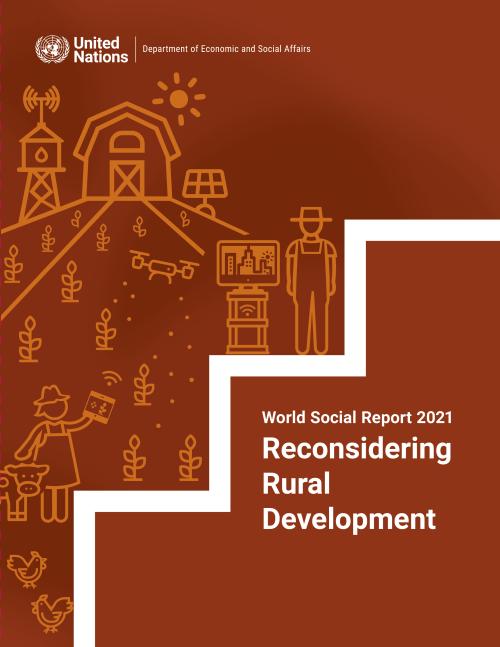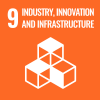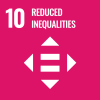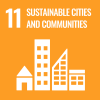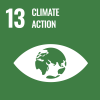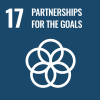New approaches made possible through improved access and Internet connectivity can raise the standard of living for approximately 3.4 billion people living in rural areas, without them having to migrate to cities, according to the newly released 2021 World Social Report “Reconsidering Rural Development.”
The COVID-19 pandemic, together with already persistent high levels of poverty and inequalities, are threatening to stall progress for the world’s rural populations. But the pandemic has also proven that new technologies can enable rural populations to flourish, ending the rural-urban divide.
UN Secretary-General António Guterres said the new technologies opened up new opportunities for rural development. “Opportunities exist to build a greener, more inclusive and resilient future. The experience of the pandemic has shown, for example, that where high-quality Internet connectivity is coupled with flexible working arrangements, many jobs that were traditionally considered to be urban can be performed in rural areas too.”
The rise of new digital technologies provides an opportunity to bridge the rural-urban divide, by providing rural populations with access to digital finance, precision tools for better crop yields as well as jobs that can be done remotely.
Some 67 per cent of the populations of low-income countries and 60 per cent of lower-middle-income countries are rural. About 80 per cent of those living below the international poverty line reside in rural areas, and about one-fifth of rural people live in extreme poverty – a rate that is four times higher than for the urban population – and have less access to education, health and other essential services.
Rural women, older persons, as well as indigenous people continue to experience discrimination when it comes to land rights and employment. Rural areas contain most of the planet’s natural capital, which is currently being depleted and degraded. Deforestation and unsustainable land practices have greatly contributed to climate change and the spread of zoonotic diseases.
The report offers new strategies to ensure that the rural population — nearly half of the world’s people — is not left behind as the world escalates efforts to boost the economy, reduce inequalities and tackle the climate crisis. The report calls for improving the lives of people where they are, to improve rural standards of living.
 Welcome to the United Nations
Welcome to the United Nations
